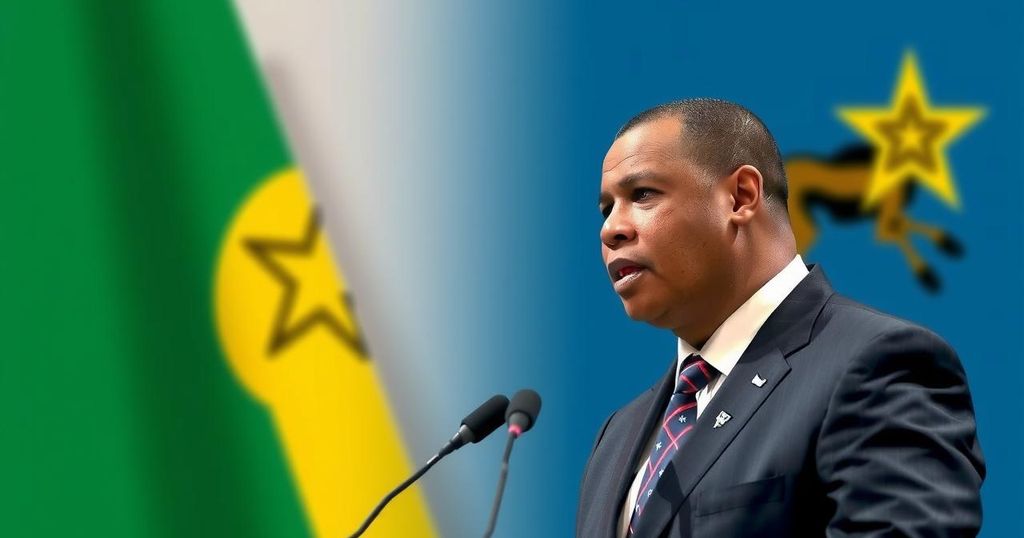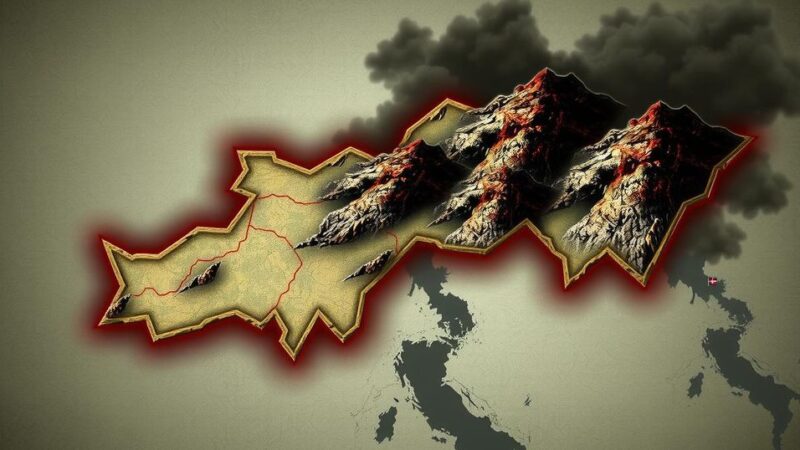Somalia has expelled Ethiopian diplomat Mr. Ali Mohamed Adan, declaring him persona non grata and citing violations of diplomatic protocols. This action reflects Somalia’s assertion of sovereignty and could indicate a shift in its international diplomatic posture. The potential repercussions on Somali-Ethiopian relations are under close observation as Ethiopia’s response remains awaited.
In a decisive assertion of its sovereignty, the Ministry of Foreign Affairs and International Cooperation of Somalia has formally expelled Mr. Ali Mohamed Adan, Counselor II at the Ethiopian Embassy in Somalia, designating him persona non grata. The ministry has mandated that Mr. Adan depart the country within a tight 72-hour timeframe, grounding its decision in actions deemed incompatible with his diplomatic role. The official statement issued by the Ministry underscores specific violations of the Vienna Convention on Diplomatic Relations of 1961, particularly referring to Articles 41 and 42. These articles emphasize the obligation of diplomats to adhere to the host nation’s laws and to refrain from any interference in domestic affairs. Through this expulsion, Somalia has conveyed a resolute message indicating that it will not tolerate any infringement upon its autonomy. This development marks a critical juncture in the relationship between Somalia and Ethiopia, potentially signaling a transformative shift in Somalia’s diplomatic strategy. Analysts posit that this action illustrates Somalia’s growing assertiveness on the international platform, aligning with a broader trend observed among African nations advocating for respect to their sovereignty and strict adherence to established international diplomatic protocols. The expulsion emphasizes Somalia’s commitment to safeguarding its national interests and establishes a precedent for stringent compliance with diplomatic norms by foreign representatives. Observers are keenly attuned to the subsequent response from Ethiopia, as diplomatic expulsions typically suggest a significant breach of trust. The nature of Ethiopia’s reaction may either exacerbate tensions or prompt initiatives for mediation by the African Union to mitigate further escalation. This incident also highlights an increasing inclination among African nations to assert their autonomy in diplomatic engagements. For Somalia, this expulsion serves as a pivotal measure in recalibrating its relations with Ethiopia and reinforces a firm stance against perceived foreign intervention, elevating the expectations for diplomatic accountability within the Horn of Africa.
The decision to expel an Ethiopian diplomat comes against a backdrop of complex diplomatic relations between Somalia and Ethiopia. Historically, the two nations have navigated a tumultuous relationship characterized by both cooperation and friction. This latest expulsion illustrates Somalia’s intent to fortify its sovereignty amid broader regional dynamics where African nations are increasingly demanding recognition and respect for their territorial and diplomatic rights. It also aligns with a global dialogue concerning the adherence to diplomatic protocols, emphasizing the critical role such standards play in maintaining peace and mutual respect among nations.
In conclusion, Somalia’s expulsion of Mr. Ali Mohamed Adan underscores its robust stance on sovereignty and diplomatic integrity. This action not only signifies a crucial shift in Somali-Ethiopian relations but also reflects a growing momentum among African nations advocating for stringent observance of international diplomatic standards. As the international community anticipates Ethiopia’s response, the ongoing developments will undoubtedly shape the future interaction dynamics within the region and beyond.
Original Source: addisinsight.net






